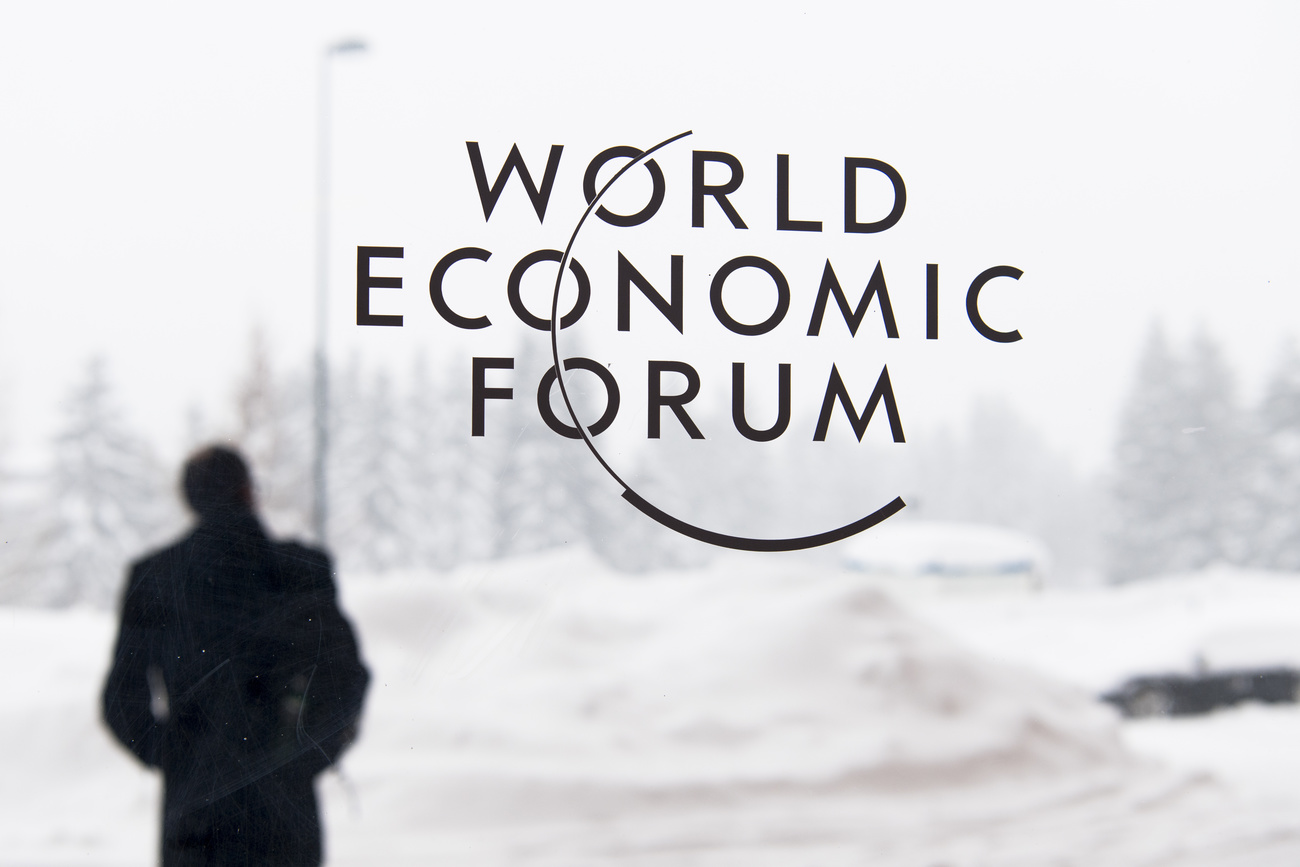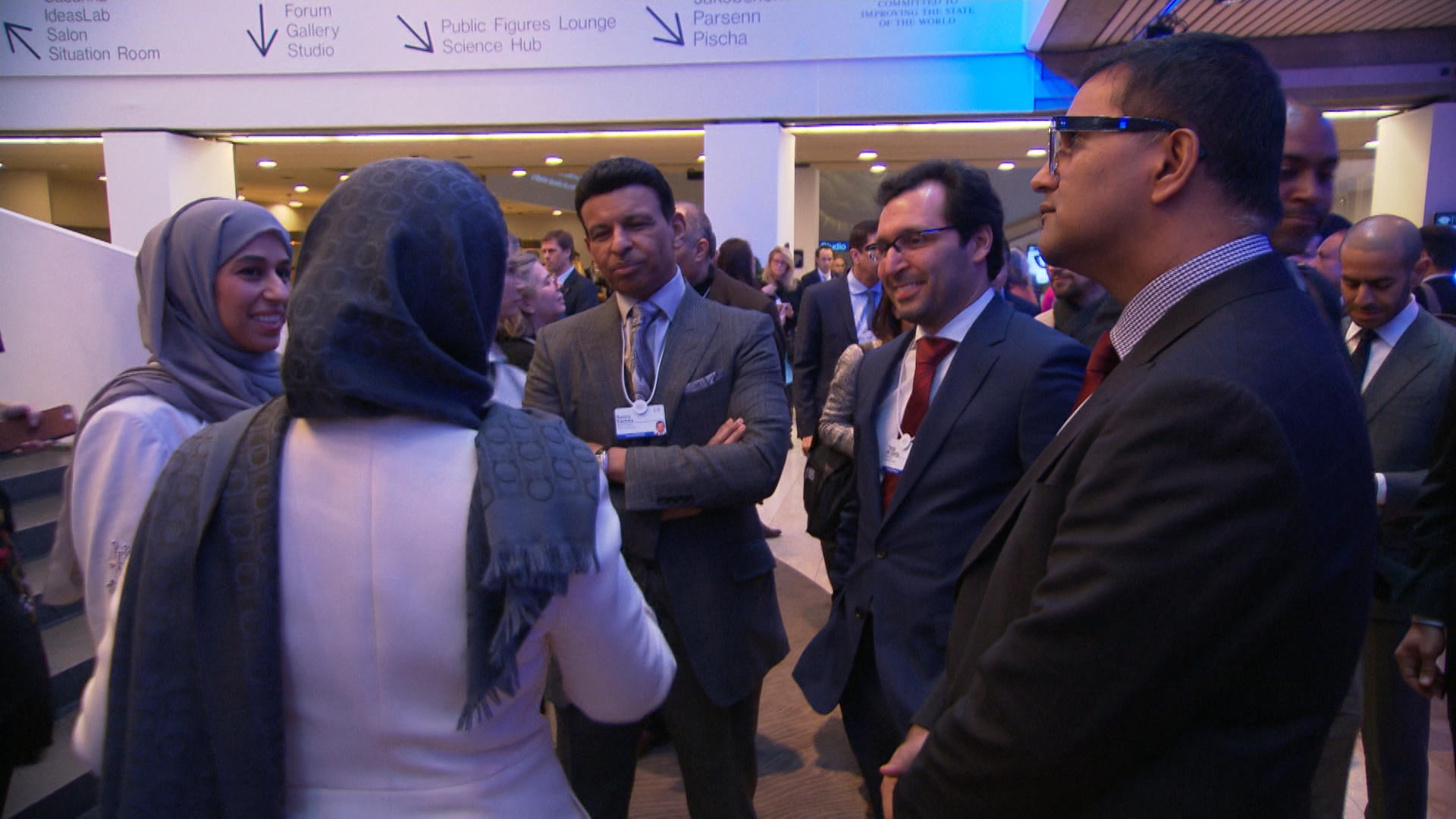Davos and the New Age art of manifesting

Fans of TV drama Succession will know that the latest series doesn’t mention coronavirus. The calculation was simple: the characters are a Murdoch-esque billionaire family and, as one actor put it, “none of the world’s really wealthy people were going to be affected by the pandemic”.
But that’s wrong! The wealthy have been affected. Goldman Sachs bankers aren’t receiving their usual bonus this year: they’re getting two. Our financial aristocracy have also suffered. For a second year, the World Economic Forum (WEF) meetings in the Swiss mountain resort of Davos have been cancelled. Wait, not cancelled – worse, Davos has gone online. All the speeches from world leaders; none of the parties with Matt Damon.

The horror. Nobody became a billionaire to watch a webinar of Ursula von der Leyen. There’s no kudos to being in the Zoom where it happened. I strongly suspect that this week the elite spent less time with Klaus Schwab than they did with nasal swabs.
Can Davos survive this latest indignity? Things were bad in 2019 when Donald Trump didn’t show up. They were worse the next year when he did. Taking private jets to discuss the perils of climate change is now widely seen as suboptimal. Schwab, who founded the WEF in 1971, is now 83. Could Davos itself retire? Or at least move to the metaverse, where it can sell NFTs of thought bubbles?
To answer that question, we must examine what Davos is. A plutocracy parade? A superspreader event for sociopathy? No. Last week it hit me: Davos is best understood as an offshoot of New Age spirituality.
Look among the UK’s best-selling books and you’ll find Manifest: 7 Steps to Living Your Best Life. This is a guide to “manifesting”, the belief that you can change reality largely through the power of positive thinking. We alter our thoughts, thereby altering our emotions. This alters the frequency of energy we put out, which in turn alters the energy we receive. Don’t worry if you feel adrift: if you act as if you deserve what you want – a job, a girlfriend, an honest prime minister – the universe will deliver it.
It’s the thought that counts
The theory is utterly mad and utterly Davos. Who are the WEF attendees but lost souls? As Schwab and his co-author, Thierry Malleret, write in their new book, The Great Narrative for a Better Future: “In private conversations, we also heard decision makers confess ‘they are a bit lost’ or ‘don’t really know what’s happening’.”

More
May date planned for postponed WEF meeting
And what is Davos but an attempt by these decision makers to create their own reality? For decades, attendees have thought about equality and sustainability. For decades, they have expected to deliver these things through good vibes, rather than, say, the tax code. It’s the thought that counts. The actions – leave those to us little people.
Conspiracy theorists claim the WEF created coronavirus in a plot to bring about a surveillance state. The dark irony is that Davos can barely achieve anything, let alone that. The demigods of the Swiss Mount Olympus knew about the risk of infectious disease before Covid-19 arrived. In 2019, a WEF report warned that the world “is not prepared to respond to a significant pandemic threat”. So what did it change? Well, it probably felt fun to be at the centre of such weighty discussion. Davos is set up to make us feel upbeat about the world’s problems; expecting it to actually solve them is like asking a toaster to boil water.
You can’t get good vibes on a webinar panel. But happily you can manifest anywhere. Forget the Alps. If you’re a member of the Davos elite, you can get your fix at home. Or at your other home. Or in space. Or, depending on the outcome of your lawyer’s negotiations with the US justice department, in jail. You see, the 0.1% are not like us. They’re just like Gen Z hippies.
Copyright The Financial Times Limited 2022

More
Make us pay more tax, ‘Patriotic Millionaires’ tell WEF

In compliance with the JTI standards
More: SWI swissinfo.ch certified by the Journalism Trust Initiative











Join the conversation!